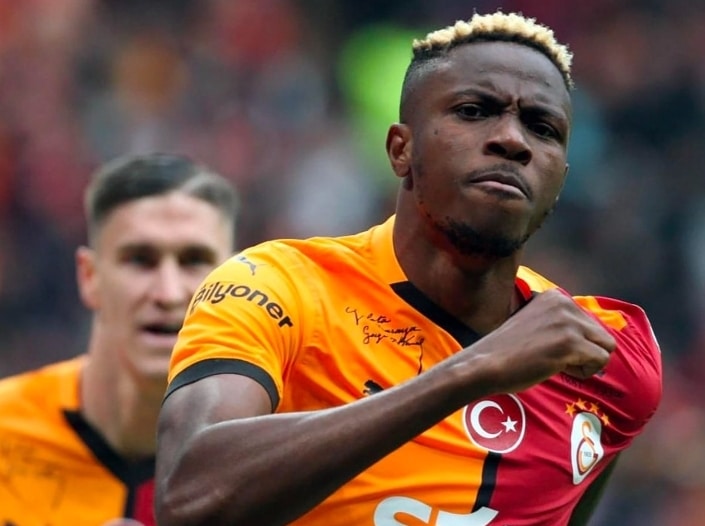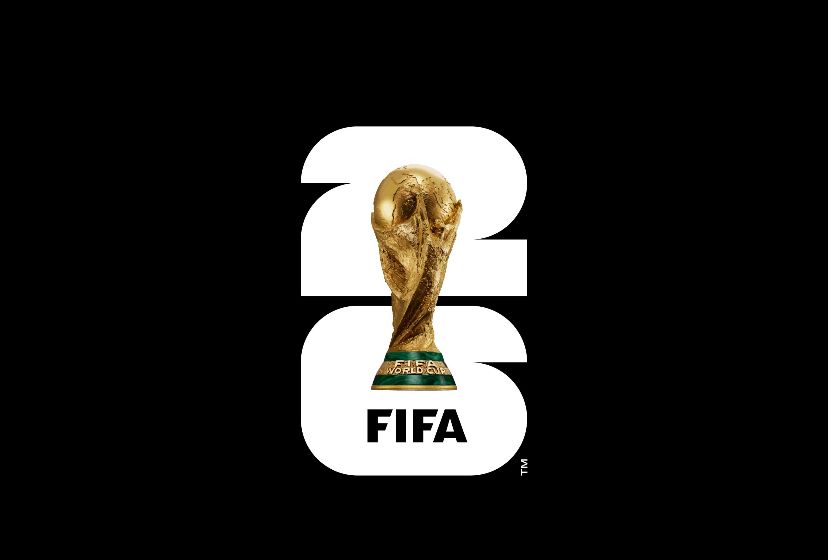Super Eagles Fans Face Disappointment as Victor Osimhen Is Ruled Out of Key World Cup Qualifier
In the lively bars and viewing centers across Lagos, Abuja, and Port Harcourt, there was a palpable excitement in the air as Nigerian supporters looked forward to a pivotal 2026 FIFA World Cup qualifying clash between the Super Eagles and the Bafana Bafana of South Africa. However, optimism took a blow when news broke that Victor Osimhen—widely recognized for his prowess on the pitch and goal-scoring instincts—has been declared unfit for the critical encounter set to take place in Johannesburg.
Osimhen’s Absence: What Happened?
On Saturday, fans watched with concern as Osimhen, who currently plays for Turkish giants Galatasaray, was substituted during the first half of Nigeria’s narrow 1-0 triumph over Rwanda in Uyo. Initial reports circulated suggesting a possible ankle issue, stirring speculation across social media and sports radio airwaves. However, according to official team statements cited by Nigerian journalist Sulaimon Adebayor (also known as Pooja), medical examinations later clarified the injury as a bruise to Osimhen’s shin rather than an ankle problem. While this diagnosis was less severe than initially feared, it nonetheless rendered the prolific striker unable to travel for Tuesday’s qualifier in South Africa.
Speaking on the latest developments, the Super Eagles’ team doctor emphasized that the decision prioritized Osimhen’s long-term fitness, stating that the striker awoke on Sunday still experiencing considerable discomfort. For many, this cautious approach underscores the team’s commitment to player welfare, even in the face of high competitive pressure.
The Reaction: Local Fans and Football Community Respond
The confirmation of Osimhen’s absence has sent waves through Nigeria’s sporting community. At several sports joints in Lagos’s Surulere district, supporters voiced concern about how the Super Eagles would cope without their star man. Moses Okonkwo, a regular at a bustling football lounge, told reporters: “It’s a big loss, but we must trust our bench. Everyone has to step up now.” Similar sentiments were shared on social media platforms, where hashtags like #PrayForOsimhen and #SuperEagles trended throughout Sunday night and into Monday morning.
The situation also sparked debate among sports analysts. According to Emeka Nwosu, a respected Lagos-based football commentator, “Osimhen’s absence removes an unpredictable edge from Nigeria’s attack. However, it’s a chance for up-and-coming talents to prove themselves on the biggest stage.” Some fans pointed out the team’s scoring difficulties in recent qualifiers and questioned head coach Eric Chelle’s tactical flexibility.
Osimhen’s Recent Return and Form
Many had looked to the South Africa fixture as an opportunity for Osimhen to make his mark after missing key international fixtures earlier in the year. He had recently reunited with the national squad after sitting out Nigeria’s Unity Cup victory in May and their 1-1 stalemate against Russia. Osimhen, aged 26, had previously notched a brace against Rwanda in March but was unfortunately denied another goal this weekend after VAR ruled him offside before injury forced him off the field—a decision that divided football fans and pundits alike.
His proven record in front of goal and relentless pressing style had been seen as pivotal against South Africa’s experienced defense, making his unavailability a significant tactical setback.
What the Numbers Say: Nigeria Without Osimhen
According to Nigerian football statistics (as reported by reputable sports data service Afristat), the Super Eagles have won only 45% of their competitive matches played without Osimhen in the last three years, compared to a 62% win rate when he features. These figures add perspective to the widespread concern regarding his absence. Critics, meanwhile, argue that past teams have overcome such adversity, noting memorable World Cup qualifying campaigns spearheaded by local talents.
Who Steps Up in Osimhen’s Place?
Coach Eric Chelle faces the challenge of reshuffling his forward line to compensate for the loss. Analysts suggest options could include Moses Simon or Paul Onuachu, both of whom have contributed at club level and have international experience. The NFF (Nigeria Football Federation) clarified in a statement on Monday afternoon that “there is strength in depth in this current squad, and we have full confidence in the players selected.” Some former internationals, such as Ikechukwu Uche, have advised that the current setback could serve as a catalyst for discovering new combinations on the field.
Regional Impact: West African Football in Focus
Within West Africa, the broader football community—including Ghanaian fans and regional observers—have been closely following these developments. According to West African football website AfricanSoccer, Osimhen’s situation mirrors a heightened concern over the physical demands placed on elite African players competing both in Europe and for their national teams. Ghanaian analyst Kwame Mensah highlighted that “player welfare must always come before short-term results. This is a lesson for all federations.”
Rival West African nations are also monitoring how Nigeria adapts. A positive result in Johannesburg without their talisman could boost Super Eagles’ morale heading into the final rounds of qualification and send a message across the continent that Nigeria’s footballing depth remains strong. Conversely, a stumbling performance might trigger broader discussions about squad development and reliance on individual stars.
The International Angle: African Teams and Squad Depth
African football has increasingly garnered the attention of global fans and scouts, particularly with more high-profile players joining top European clubs. The situation with Osimhen illustrates the dual demands faced by African national teams: competing at both international and continental levels while managing player fatigue and injury risk. European football journalists, such as Joe Walker (Goal.com), have pointed out that “squad rotation and depth are critical, especially in busy qualifying years.”
How the Super Eagles fare in Johannesburg will likely influence international perceptions regarding the squad’s depth and resilience ahead of the 2026 World Cup, with global audiences keenly observing African qualifiers for rising stars and tactical ingenuity.
Community Reflections: Looking Forward
As fans await Tuesday’s match, many have called for unity and measured optimism, cautioning against undue pressure on the remaining players. The Nigerian Football Supporters Club, in a statement on Monday evening, urged Nigerians to “stand firmly behind the squad, remembering that every challenge is an opportunity for new heroes to emerge.” Some social commentators, however, criticized the NFF’s medical protocols, suggesting reforms could help further prevent long-term injuries—a claim the federation has neither confirmed nor denied.
While Osimhen’s absence is a setback for Nigeria’s World Cup ambitions, the unfolding story also presents an opportunity to assess the evolving depth and tactical maturity of African football. The question of player management, local talent development, and long-term strategy are likely to remain at the core of sports discussions across West Africa for the foreseeable future.
As the whistle prepares to blow in Johannesburg, the nation holds its breath: Who will rise to the challenge, and what lessons can be learned from this moment of adversity?
We invite our readers: Who do you think should step up in Osimhen’s place for the Super Eagles, and how can Nigeria best adapt to such setbacks? Share your thoughts in the comments below.
Food inquiries: food@nowahalazone.com
General support: support@nowahalazone.com
Story sales/submissions: story@nowahalazone.com
Follow us on Facebook
Follow us on X (Twitter)
Follow us on Instagram










